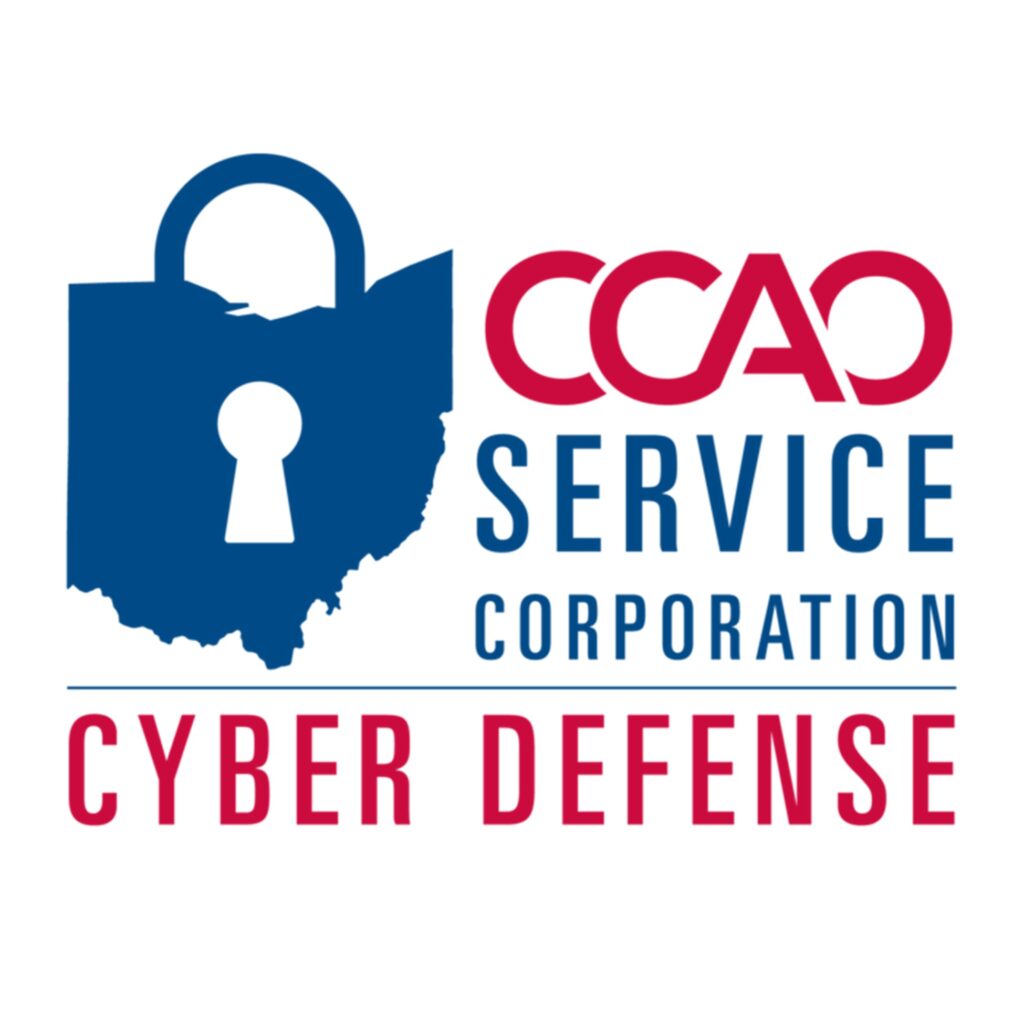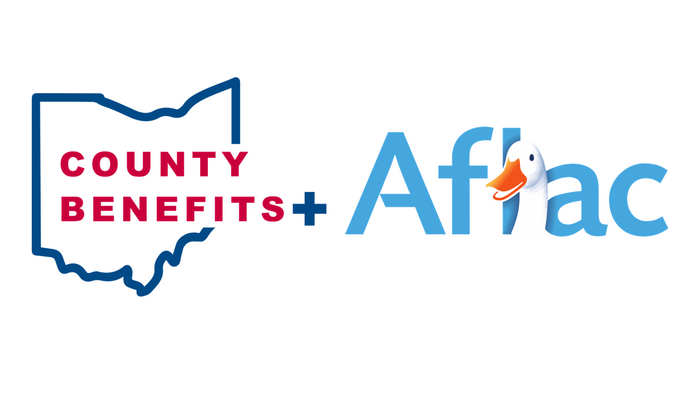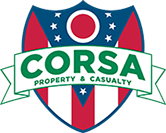County-owned facility projects encompass a range of crucial infrastructure needs, from HVAC and electrical to plumbing, roofing, lighting, and beyond. These projects are vital for maintaining the functionality, safety, and efficiency of public buildings. However, ensuring the success of such projects requires careful consideration in selecting contractors. The procurement process and contracting method play pivotal roles in achieving the goals a county sets for its specific facilities projects.
Define Project Goals and Requirements: Before initiating the procurement process, it’s essential to clearly define the project goals, scope, and requirements. Determine the specific needs of the facility, such as energy efficiency targets, compliance standards, or any unique challenges. This clarity will guide the selection criteria for contractors. These goals will need to be clearly detailed to the design engineer or directly to the selected contractor depending on the contracting method. Having these goals documented and agreed upon by each party will protect the county in their efforts to achieve a successful project.
Selecting the Right Procurement Process: Counties typically have several procurement methods available, including competitive bidding, joint purchasing/co-operative purchasing, request for proposal (RFP), or qualifications-based selection (RFQ). Each method has its advantages depending on the project’s complexity, budget, and timeline. The selection of the procurement process should be driven by the county, not by the contractor. This will help ensure the chosen procurement process benefits the county and not the contractor.
Consider Past Performance and Experience: Evaluate contractors based on their past performance and experience with similar projects. Look for contractors with a proven track record of completing projects on time, within budget, and to the required quality standards. References and case studies can provide valuable insights into a contractor’s capabilities. This becomes increasingly complex as legal procurement processes enter the picture, but nonetheless can provide valuable information to the county that may help dictate which procurement process is right for them.
Ensure Compliance and Licensing: Verify that the selected contractors possess the necessary licenses, certifications, and insurance required to perform the work. Compliance with local regulations and building codes is non-negotiable and should be thoroughly checked before awarding any contracts. This will likely be a standard part of the procurement process but should not be overlooked.
Emphasize Communication and Collaboration: Effective communication and collaboration between the county and the contractor are essential for project success. Choose contractors who prioritize clear and transparent communication, providing regular updates on project progress, challenges, and potential solutions. A good practice would be requesting to meet or speak with a project manager on staff or the project manager that would be assigned to your scope of work.
Implement Performance Metrics and Quality Assurance: Establish clear performance metrics and quality assurance measures to monitor the contractor’s progress and ensure adherence to project requirements. Regular inspections, milestone reviews, and quality control processes help identify any issues early on and facilitate timely resolution. The American Society of Heating, Refrigerating and Air-Conditioning Engineers (ASHRAE 90.1) details how this should be implemented and even requires that a certified commissioning agent be a part of this quality assurance process.
If you are an experienced Facility manager that has been through multiple retrofit projects within your county facilities, these may seem standard. For those of whom these concepts are new or have a facilities project that is larger in size than typical for your county operations, please reach out to your County FIRM representative for assistance in implementation or guidance.
Author

Joe Sokol
Regional Manager
County FIRM
(330) 592-3946
jsokol@palmerc2.com





